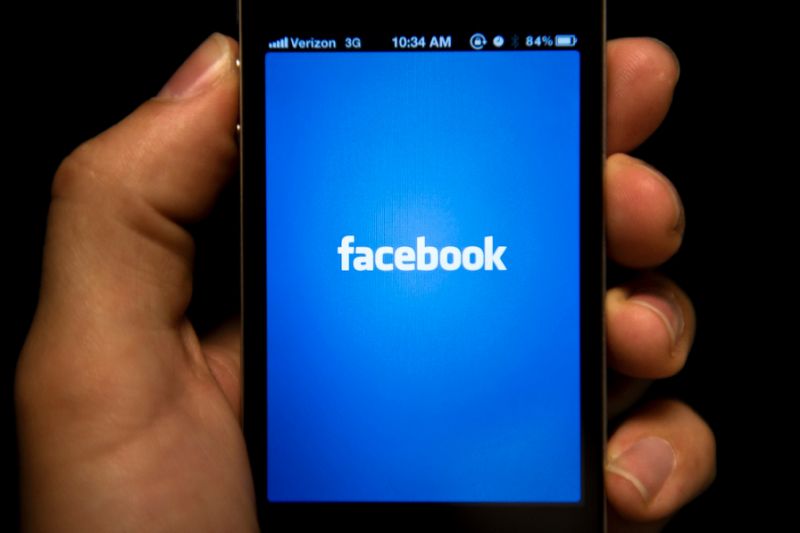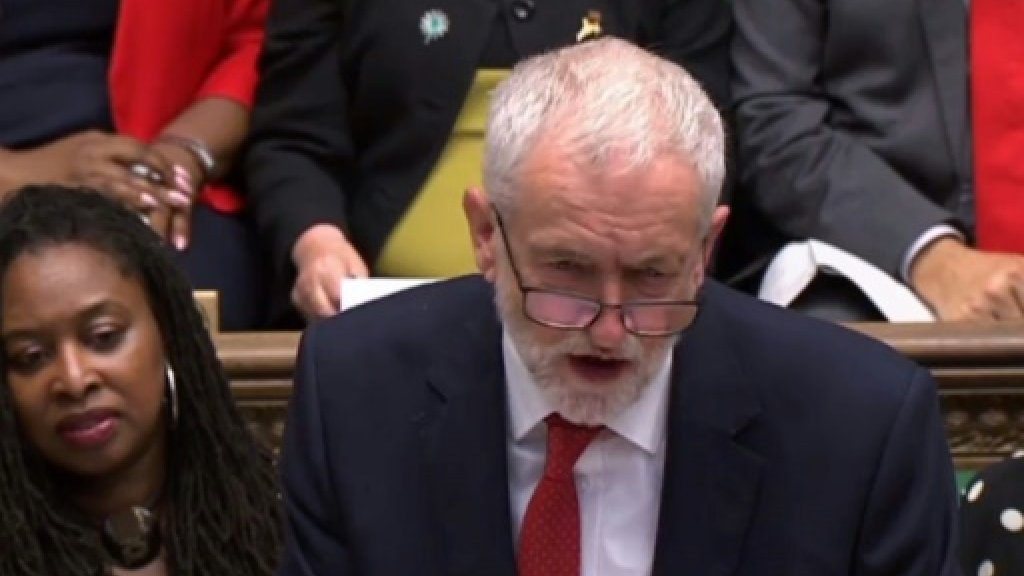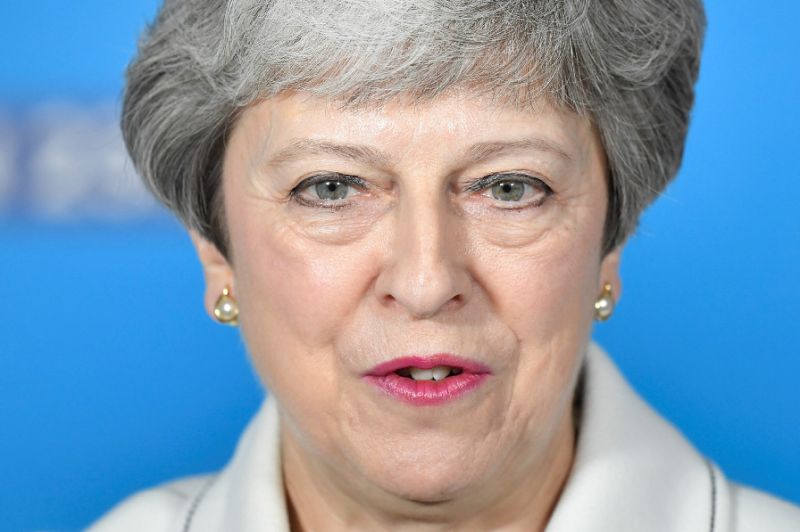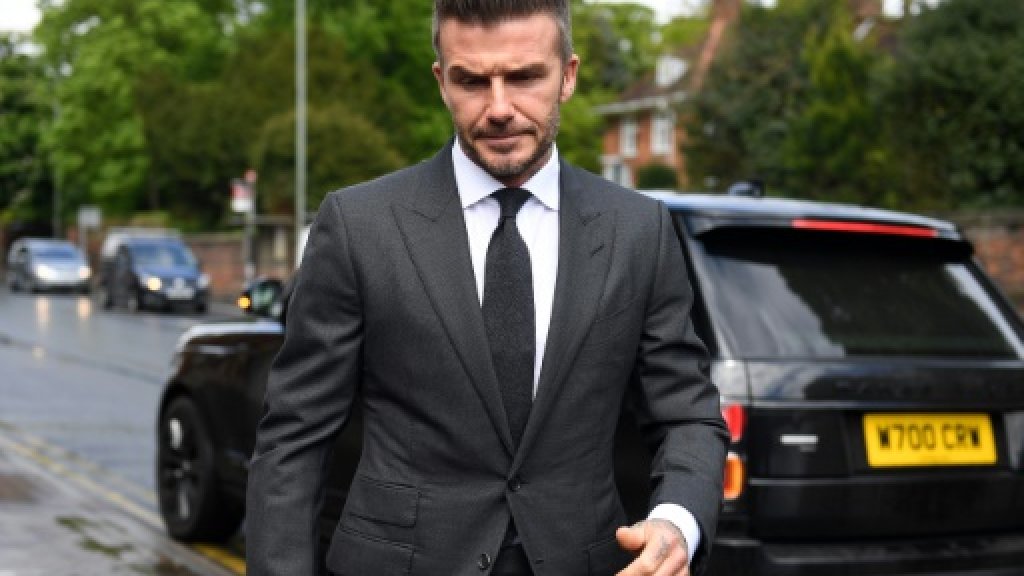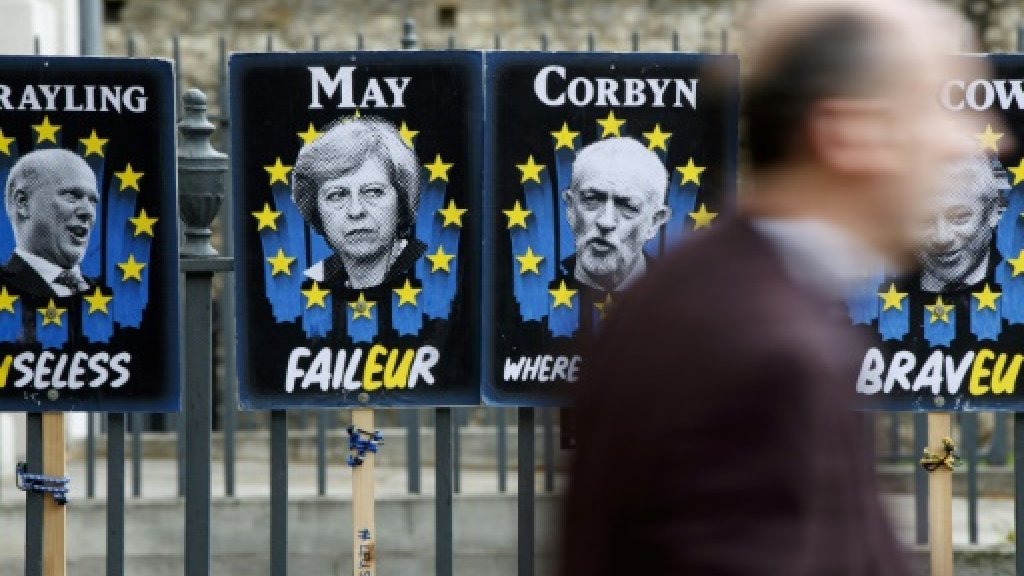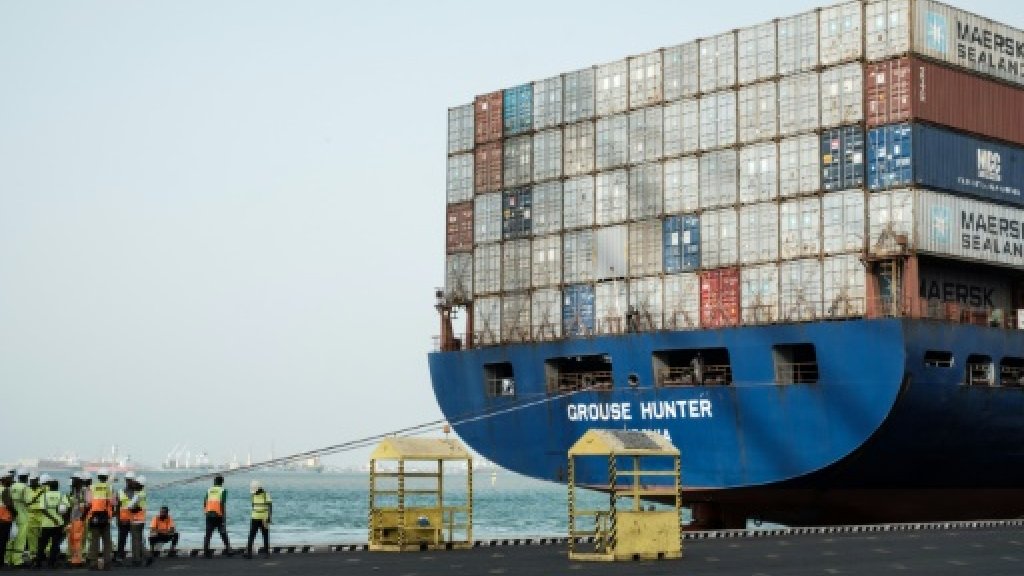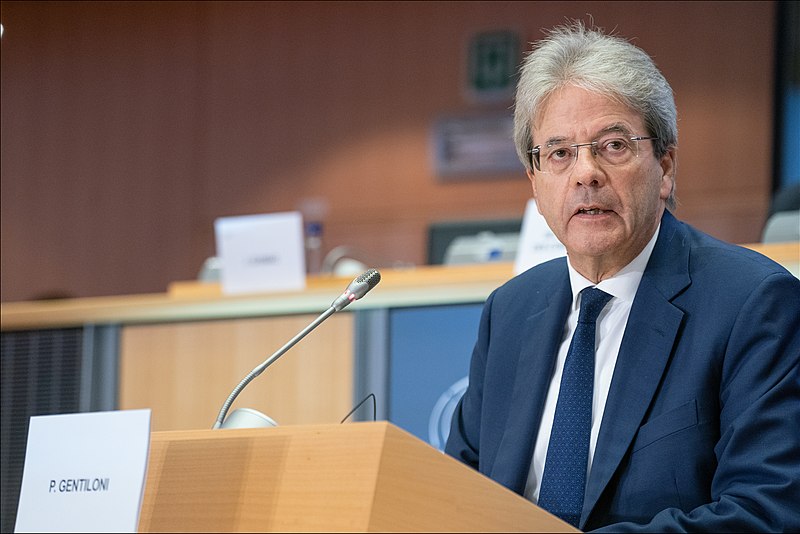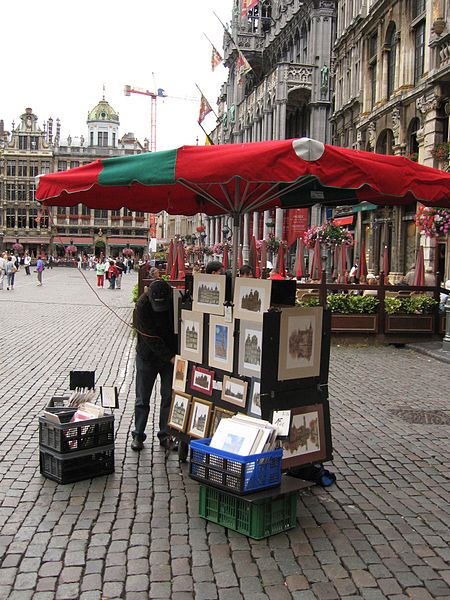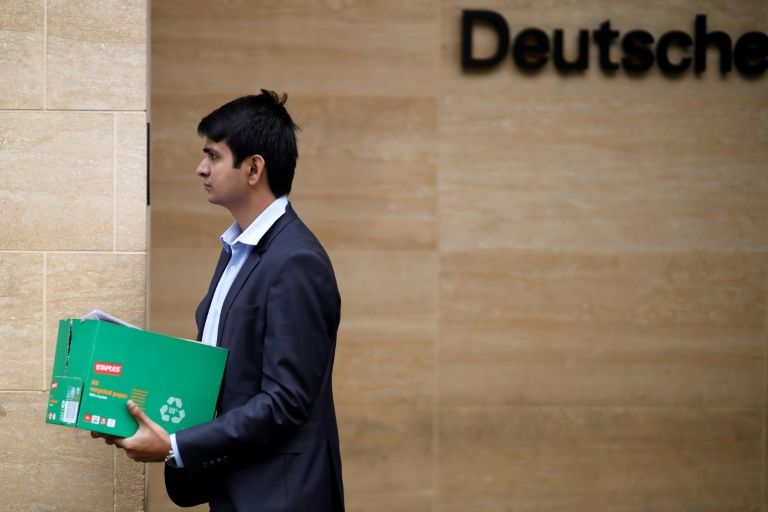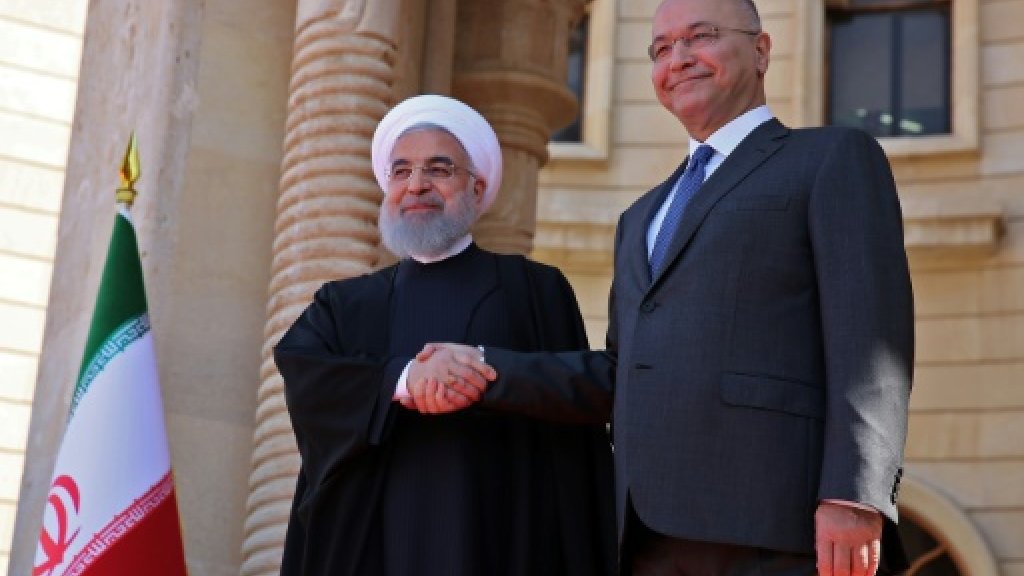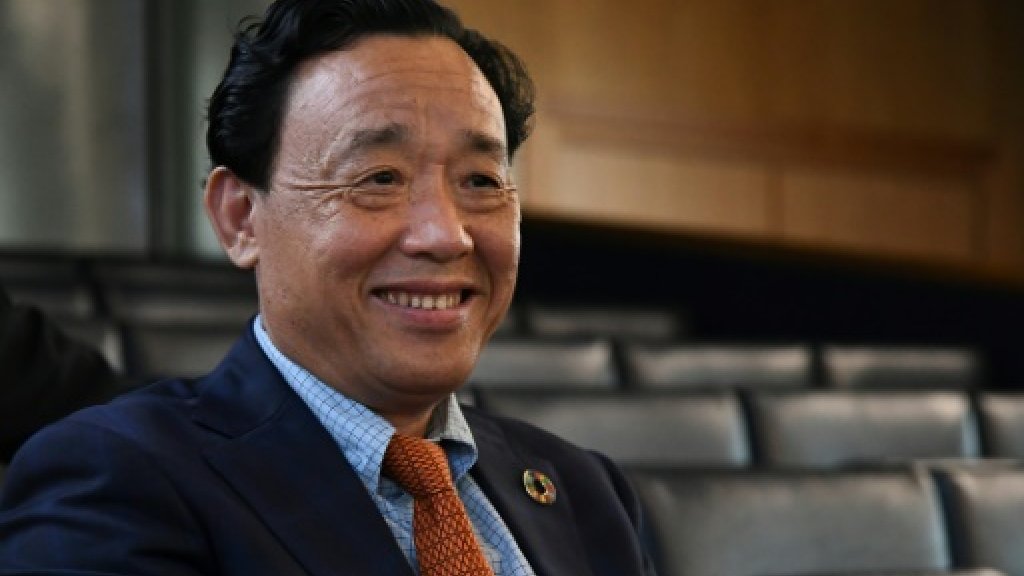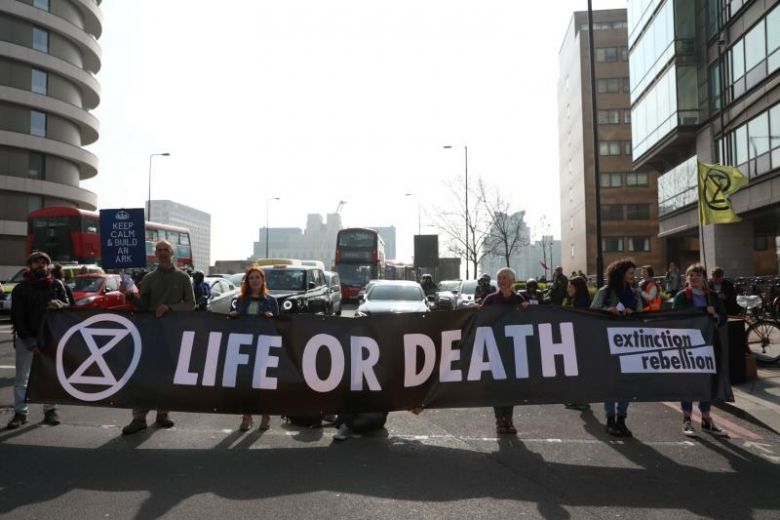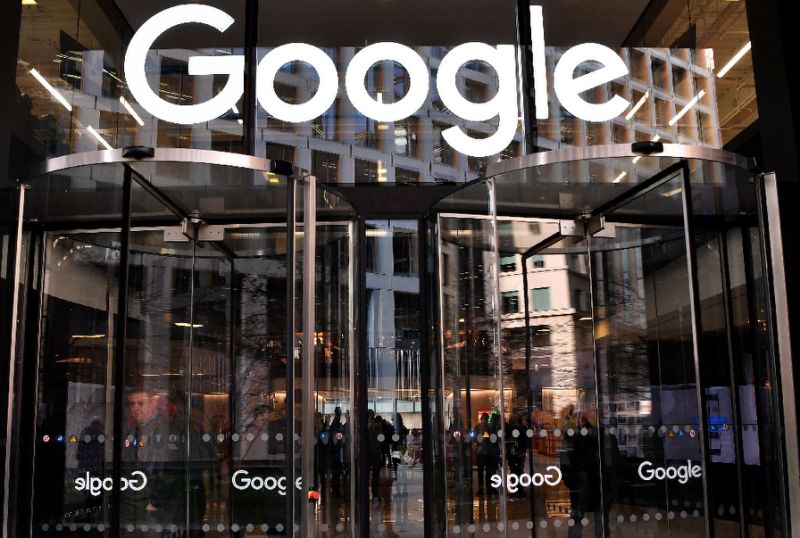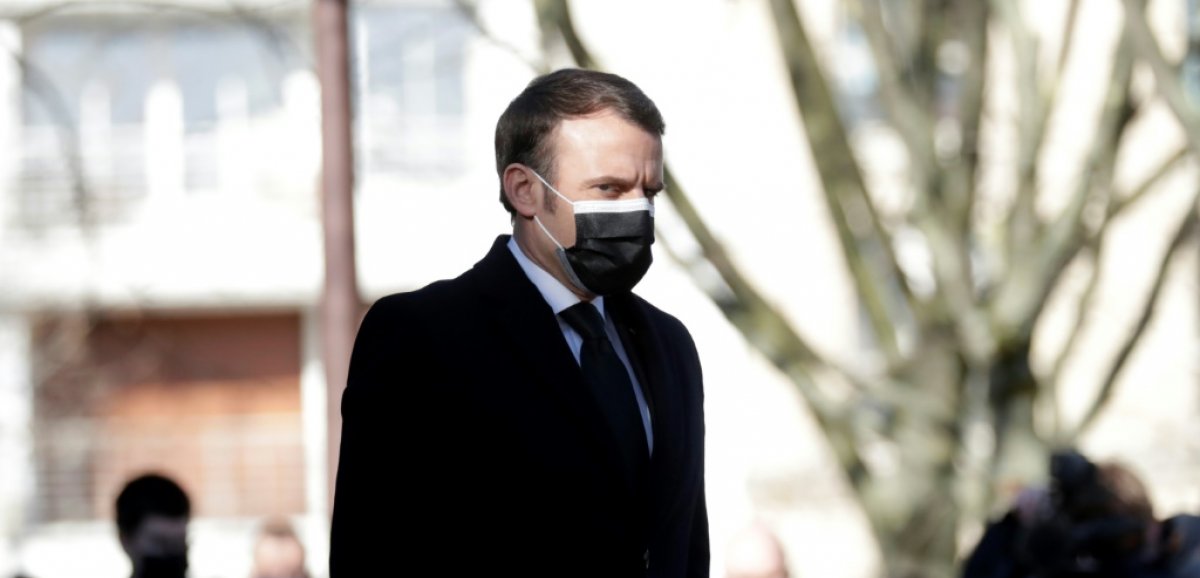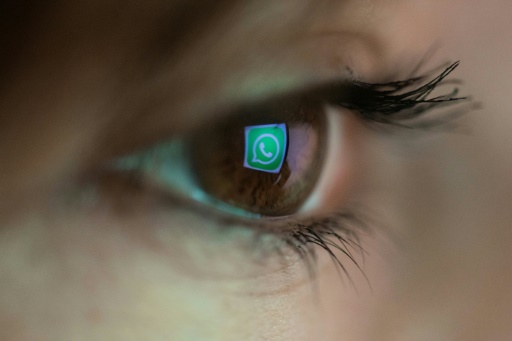
The EU will relaunch its deadlocked effort to more closely regulate internet phone and message services such as WhatsApp, Skype and Messenger, a top bloc official said on Tuesday.
The European Union has struggled to revamp privacy and data rules on telecoms since a proposal in January 2017 met with strong opposition from member states and fierce lobbying by big tech companies.
Europe is seeking to be the global leader on stronger regulation of big tech companies, and the failure to agree on the so-called ePrivacy regulation has been a source of embarrassment.
"I definitely think that, if I hear you, everybody wants to do something but obviously you are not in agreement," Breton, a former French finance minister, said.
Under the existing EU rules that date back to 2002, strict privacy protection is only applied to text messages and voice calls provided by traditional telecoms, sparing tech giants Facebook, Google and Skype from the same oversight.
Ministers have been dogged by divisions on a myriad of issues, including how to handle pornography and online child abuse as well as controls on so-called cookies used by advertisers to track users.
The reform includes strengthened bans on spam sent without user consent via email or SMS and includes requirements that WhatsApp and others make data available to law enforcement agencies.
Tech companies argue the reform is unnecessary as it duplicates the EU's landmark General Data Protection Regulation (GDPR) that has become a global benchmark on the protection of data and privacy online.
The European Commission, the EU's executive arm, had hoped for a breakthrough on the stalled effort to level the playing field, but ministers meeting in Brussels once again made their divisions plain.
"We've been wasting time for three years on this discussion, I hope we can make it," an irritated Luxembourg Prime Minister Xavier Bettel, who is also telecom minister, told his counterparts.
Breton said all options were on the table to fix the impasse, but insisted that the EU "move fast... European citizens are expecting us to deliver".AFP


